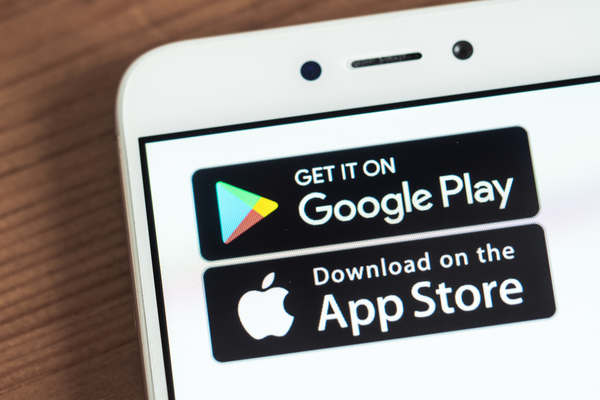Google has confirmed that it will use the Google Play Services infrastructure to update Android phones with the upcoming COVID-19 contact tracing system it is building in collaboration with Apple. It should ensure that more Android phones will actually get the updates, and also ensure that they become available on phones running Android 6.0 Marshmallow or above.
Until today, it was an open question, but one that was vital for Google to answer. That’s because Google Play is the only reliable system that exists for getting software updates pushed out to Android phones in a timely manner. The other way — full operating system updates — is often fraught with delays from both carriers and manufacturers.
Google says that its update system will apply to both phases of the Bluetooth contact tracing framework — the initial API rollout, which is due next month, and the next stage, which will see the APIs built into the OS. The companies will say only that the second stage will arrive “in coming months.”
There is one huge set of Android devices that don’t benefit from Google Play services: all of the Android phones in China, as well as any Huawei phones sold around the world after the imposition of restrictions by the US. Google is not allowed to export software to Huawei, which means it could not apply this system to its phones just as it cannot include Chrome or Gmail.
For those phones, Google intends to publish a framework that those companies could use to replicate the secure, anonymous tracking system developed by Google and Apple. It will then be up to Huawei, Xiaomi, and other Chinese manufacturers (or the Chinese government) to decide whether to use the system.
That’s the strategy Google uses for its Project Mainline system of updates, launched last year for more recent versions of Android. However, Project Mainline updates are explicitly open sourced. Google declined to comment on whether this system would be, but did note that it will offer code audits to companies that want to adopt a similar system.
—
Photo Credit: Fascinadora / Shutterstock.com
